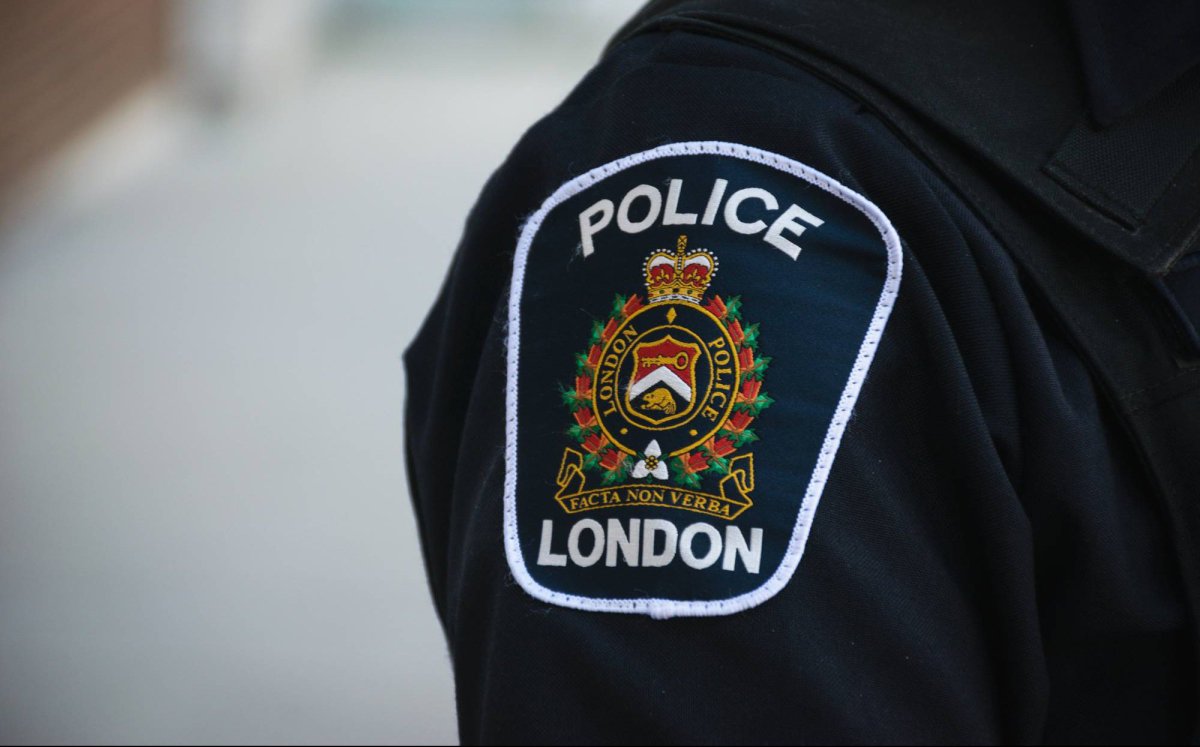The executive director of the London Police Association (LPA) says the coronavirus pandemic is a time of heightened levels of uncertainty and anxiety for officers.

While officers are trained and prepared for physical threats, Rick Robson says they’re not used to dealing with an invisible threat — especially one they could potentially bring home to their families.
“The real stress that I hear (from officers) is they are really, really concerned that they may be bringing something home and I think that’s a very different scenario for them and far more stressful.”
Robson notes that police are taking new precautions, including screening those who call 911 to see if they are symptomatic.
“The officer would wear gloves, a mask and goggles before entering those types of situations, but there are a number of other situations where that’s simply not possible,” he explained.
“Officers arrested a person in a stolen vehicle recently. In that situation, it’s simply not practical to stop a stolen car, sit, wait while you put on that extra protective equipment as you move in. As it turns out, in that example the person arrested was symptomatic.
“They were brought to hospital but not tested so those officers don’t know whether they were exposed.”

Get weekly health news
Robson shared two other examples of officers interacting with people later found to have symptoms of COVID-19: one involving officers responding to a mental health call and the other involving officers responding to a person who was wanted on a warrant who attempted to flee.
In these cases, officers are then self-isolating for 14 days, but Robson says that can have a major impact on their numbers. While he couldn’t provide an exact figure, he believes there’s about “a couple dozen” officers self-isolating at this point. London Police Service media relations officer Const. Sandasha Bough said that for “officer safety reasons, we are unable to provide exact details in relation to operational numbers.”
“Every time we have that scenario where there could be three, four officers involved in a particular scene or investigation, each one of those officers now is going to be out of the workplace for 14 days,” said Robson.
“As you can imagine that’s an incredible resource issue that just spreads exponentially throughout the police service.”
Bough confirmed that until it is known whether someone has tested negative or positive for the virus, police will err on the side of caution and have people self-isolate.
Robson is hoping that more testing will be made available so that those involved in front-line services — including police, fire, paramedics and health-care staff — will not have to leave work unnecessarily and will be able to continue serving the public.
“That is in conversations with the provincial association and government, and from what I understand government is agreeable and working to get tests more widely available to those groups because of those reasons — not that we want to jump a queue or that we think we’re more deserving than others,” he said.
“The reality is that if you lose 50 per cent of your police service, you’re going to have a problem because you simply just can’t insert other people that aren’t police officers into that work and put them out there.”











Comments